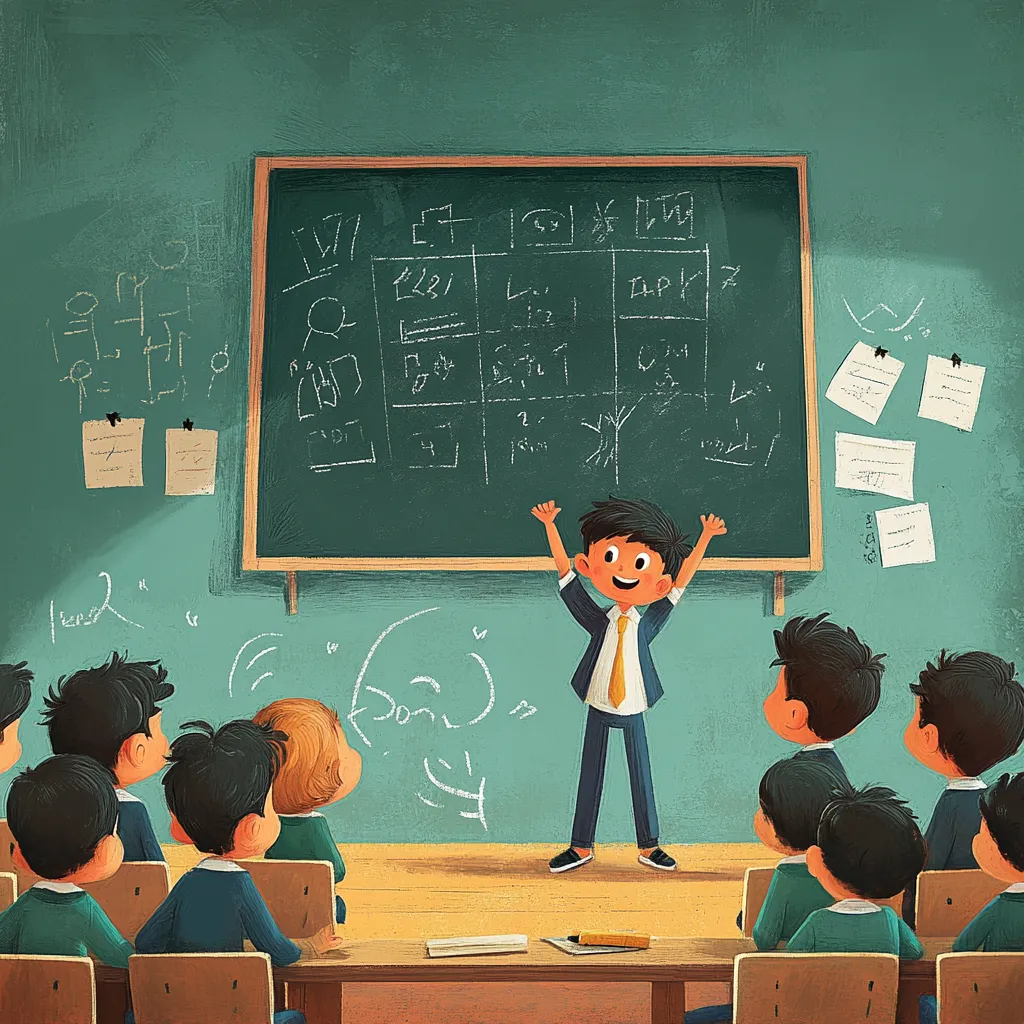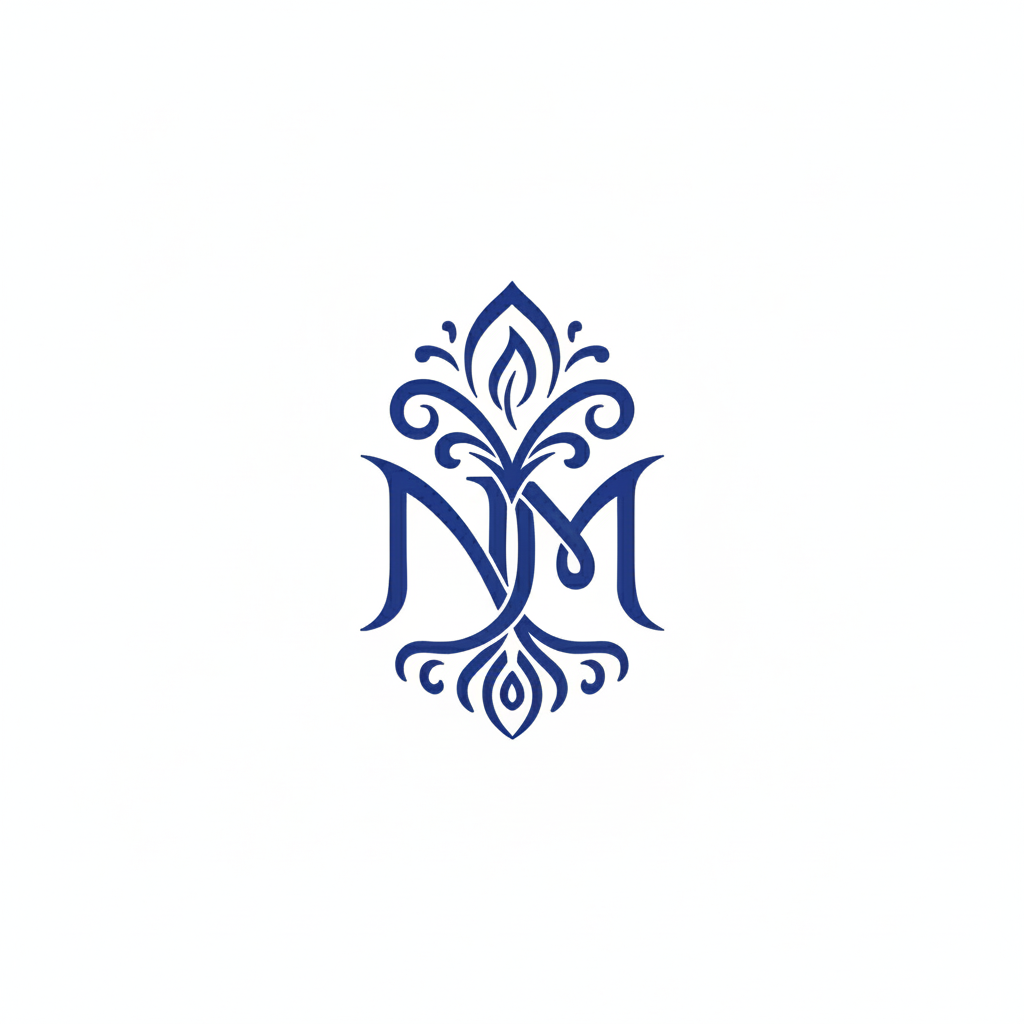On Trust
I was in kindergarten in Delhi. I remember buying some flashy stickers that can be put on the pencil boxes. I was excited about using them. When I went to school, I wanted to show them off. Vaibhav was a rich kid in the class. His father had a jewellery shop in the city. That day, he had gotten some fancy pencils or erasers; I do not remember what exactly, but it is not important to the story. I fancied the thing he had, and he was fascinated by the stickers I had. So we decided to trade my stickers for his pencils. He promptly put the stickers on his pencil box. I was excited about the things and wanted to keep them safe. By the end of the day, however, Vaibhav asked for his things back and started throwing a tantrum. I gave it back to him and when I asked for my stickers, he said they had been stuck. I was sad and felt cheated. My trust was broken. I would never trust Vaibhav for anything. He was a bully and a cheat. It made me watch my back and always be suspicious of entering any trade.
A few years later, the school started introducing the concept of democracy. They began by trying to hold elections for the post of monitor of the class. Vaibhav stood against me. Everybody knew he was a bully and a cheat. I defeated him hands down.
Trust is like money: it is a currency. When you have more money, you do a lot more things. It can help you get ahead, like buying a fast pass. Similarly, things get easier for you if you are a trusted individual. People are more open to meeting, befriending, and working with you. It saves you the struggle of proving that you are good enough to walk in and do business with them. Your name travels before you enter anywhere. It also frees up the headspace others might devote to covering for eventually being cheated. This means lower interest rates and a reduction in costs.
Trust leads to overall efficiency at a society level. Have you ever wondered why traffic moves so fast in Western countries? Westerners trust that others will follow the rules and, hence, do not have to account for preventing accidents caused by others' foolishness.
Trust compounds, so you must be fair in your dealings. There will be times when people break your trust. Learn your lessons, cover your tracks, but do not emulate them. Karma will get them sooner or later. However, if you commit one mistake, the trust you have built so painstakingly would be shattered in an instant. While money can be made again after a loss, trust, once broken, is very difficult to establish again!

